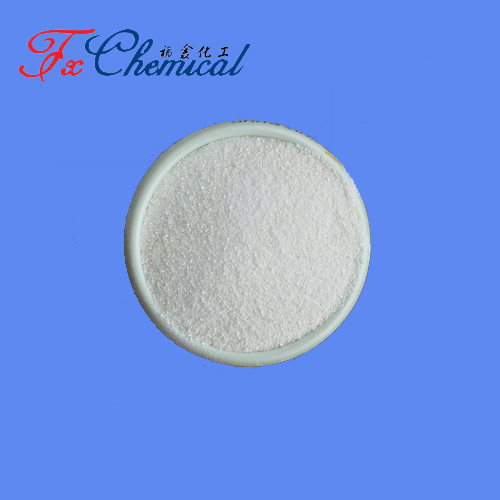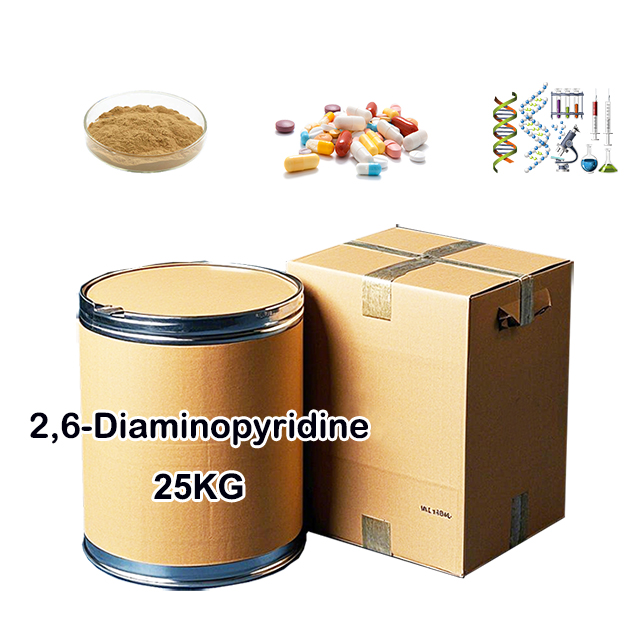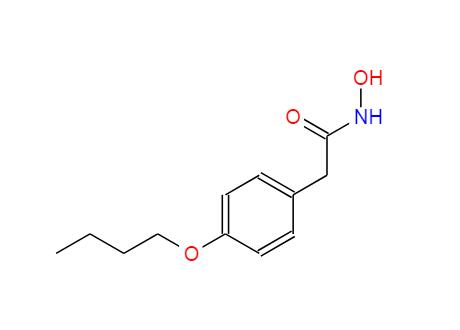
Search

Search



Cytidine 5'-monophosphate disodium salt (CMP disodium salt) is the disodium salt form of cytidine monophosphate (CMP), a nucleotide derived from cytosine and ribose. CMP is a building block of RNA and plays a critical role in various biological processes. Here's a breakdown of what it is and its uses:
Molecular Formula: C9H12N3Na2O8P
Molecular Weight: Approximately 365.16 g/mol
Structure: CMP consists of a cytosine base attached to a ribose sugar, which is phosphorylated at the 5' position. The disodium salt form means that two sodium ions are associated with the phosphate group to neutralize its charge.
The applications of Cytidine 5'-monophosphate disodium salt (CMP disodium salt) span various fields, including biochemistry, pharmaceuticals, food, and dietary supplements. Here are the main uses:
Role in RNA Synthesis: CMP is a nucleotide used in RNA biosynthesis. Researchers use CMP disodium salt to study nucleotide metabolism, RNA function, and nucleotide interactions.
Enzyme Studies: Acts as a substrate or intermediate for enzymes like cytidine monophosphate kinase, which phosphorylates CMP to form cytidine diphosphate (CDP).
Signal Transduction: Helps in studying signaling pathways where nucleotides play a role.
Brain Health: CMP serves as a precursor for uridine triphosphate (UTP) and cytidine diphosphate (CDP)-choline, which are essential for synthesizing phosphatidylcholine, a key component of neuronal membranes. CMP-based drugs may support cognitive function, memory, and neuroprotection.
Cytidine Derivatives: CMP is a precursor for synthesizing cytidine analogs used in antiviral and anticancer therapies.
Flavor Enhancer: CMP is sometimes added to processed foods to enhance flavor. It is particularly effective when combined with inosine monophosphate (IMP) or guanosine monophosphate (GMP), as the combination boosts umami flavors.
Nucleotide Supplements: Found in infant formulas and certain functional foods to support gut health and immunity, mimicking the nucleotide profile of human milk.
Cellular Metabolism: CMP plays a role in nucleotide pool replenishment, which is vital for energy production, protein synthesis, and overall cell health.
Liver Health: May help in the synthesis of nucleotides required for liver regeneration and function.
Nucleotide Synthesis: Used as a precursor or intermediate for creating other cytidine derivatives or nucleotides.
Biotechnological Applications: CMP derivatives are used in synthesizing DNA, RNA, or modified nucleotides in vitro.
Would you like further details about any specific application or industry use?

Fortunachem Provides Not Only Professional Chemical Products But Also Professional Help



Keeping you up-to-date with all the latest information, news, and events about Fortunachem!

Quick Links
Add:
E-mail:
 English
English  Español
Español  français
français  العربية
العربية 


